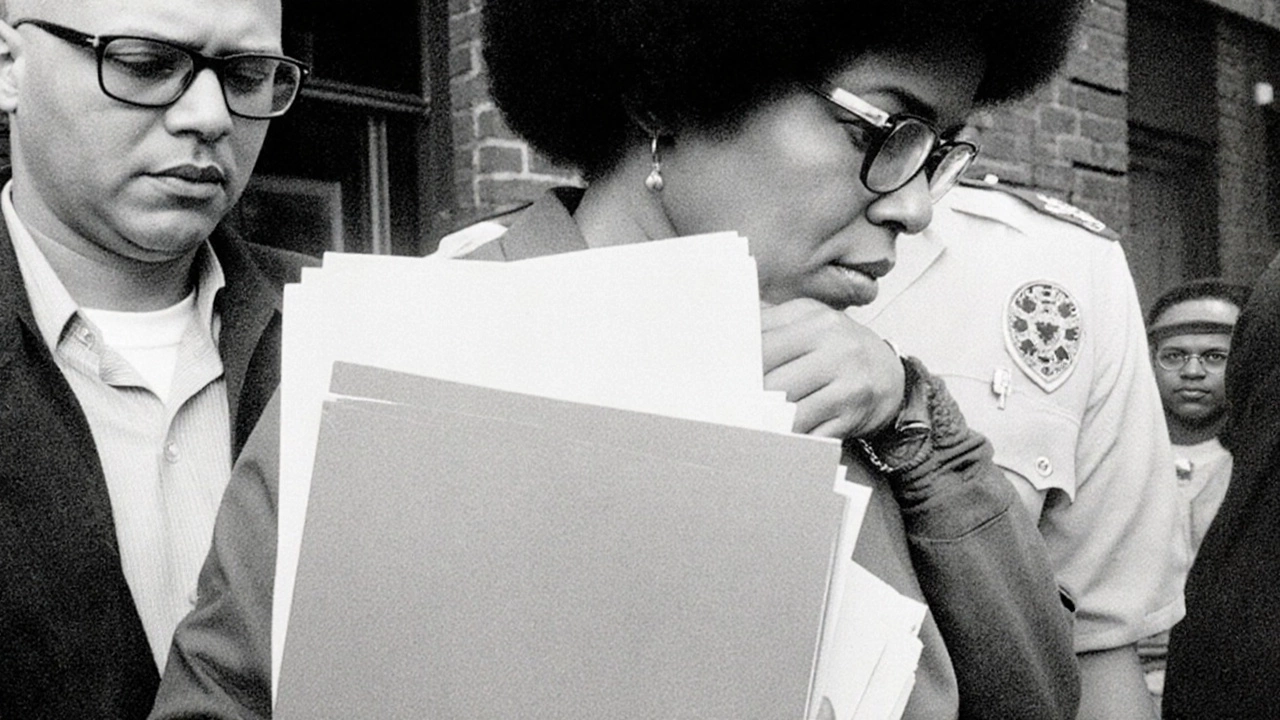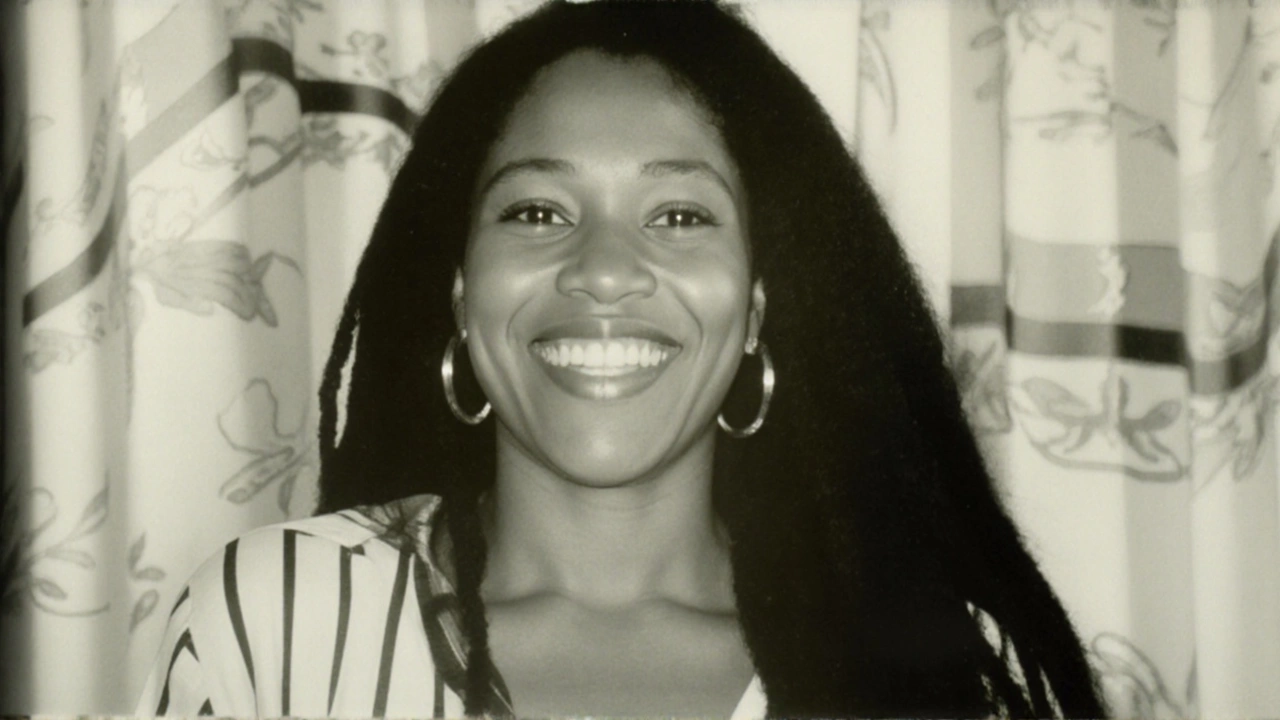From New Jersey Streets to Cuban Exile
Born Joanne Deborah Byron in 1947, Assata Shakur grew up in the South Bronx and later gravitated toward Black nationalist groups during the turbulent 1960s. By the early 1970s she had adopted the name Joanne Chesimard and became a member of the Black Liberation Army (BLA), a splinter faction that pursued armed struggle against what it saw as a racist state.
The most infamous moment in her criminal record came on May 2, 1973, when a routine traffic stop on the New Jersey Turnpike turned violent. Trooper Werner Foerster, a 26‑year‑old officer, pulled over a vehicle carrying Shakur, two fellow BLA members, and a passenger. Within minutes a gunfight erupted, leaving Trooper Foerster and the passenger dead and the three BLA militants wounded.
Shakur was arrested, tried, and in 1977 convicted of first‑degree murder, armed robbery and related charges, receiving a life sentence. The case sparked outrage among civil‑rights activists who argued that the trial was marred by bias, while law‑enforcement agencies hailed the conviction as a necessary step in curbing militant activism.

Escape, Asylum and Decades of Diplomatic Stalemate
In November 1979, Shakur executed a daring escape from a women's prison in Clifton, New Jersey, using a smuggled tool to breach the wall. She spent the next several years living underground, moving between safe houses in the United States and spending brief periods in Canada and the United Kingdom before surfacing in Cuba in 1984.
Cuba granted her political asylum, citing her status as a revolutionary prisoner of the United States. The move turned Shakur into a permanent fixture on the FBI’s "Ten Most Wanted" list and the New Jersey State Police’s most‑wanted roster, with a $1 million reward attached to her capture.
- 1973 – Trooper Foerster killed in shootout.
- 1977 – Conviction and life sentence.
- 1979 – Prison escape from Clifton facility.
- 1984 – Arrival in Havana under Cuban asylum.
- 1990s‑2020s – Repeated U.S. attempts to secure extradition, all rebuffed.
- 2025 – Death in Havana at age 78.
Successive U.S. administrations pressed the Cuban government to hand her over, but Havana refused, framing the case as a matter of political sovereignty. The issue resurfaced during high‑level diplomatic talks, yet no agreement was reached, leaving Shakur a living symbol of Cold‑War era tensions.
Throughout her exile, Shakur remained a polarizing figure. Supporters painted her as a survivor of systemic oppression, pointing to her autobiography and public speeches that highlighted police brutality and racial injustice. Critics, including New Jersey officials, consistently called her a convicted murderer who evaded rightful punishment.
When Cuban authorities announced her death on September 25, 2025, they cited “health complications and advanced age” as the cause. New Jersey Governor Phil Murphy and State Police Superintendent Colonel Patrick Callahan released a joint statement expressing disappointment that Shakur “never faced full accountability.” They also noted a recent conversation with Secretary of State Marco Rubio about the case.
Shakur’s passing closes one of the longest‑running fugitive pursuits in American law‑enforcement history, but it also revives debates over the legacy of 1970s Black militant movements, the ethics of political asylum, and the challenges of reconciling past convictions with contemporary calls for justice reform.
